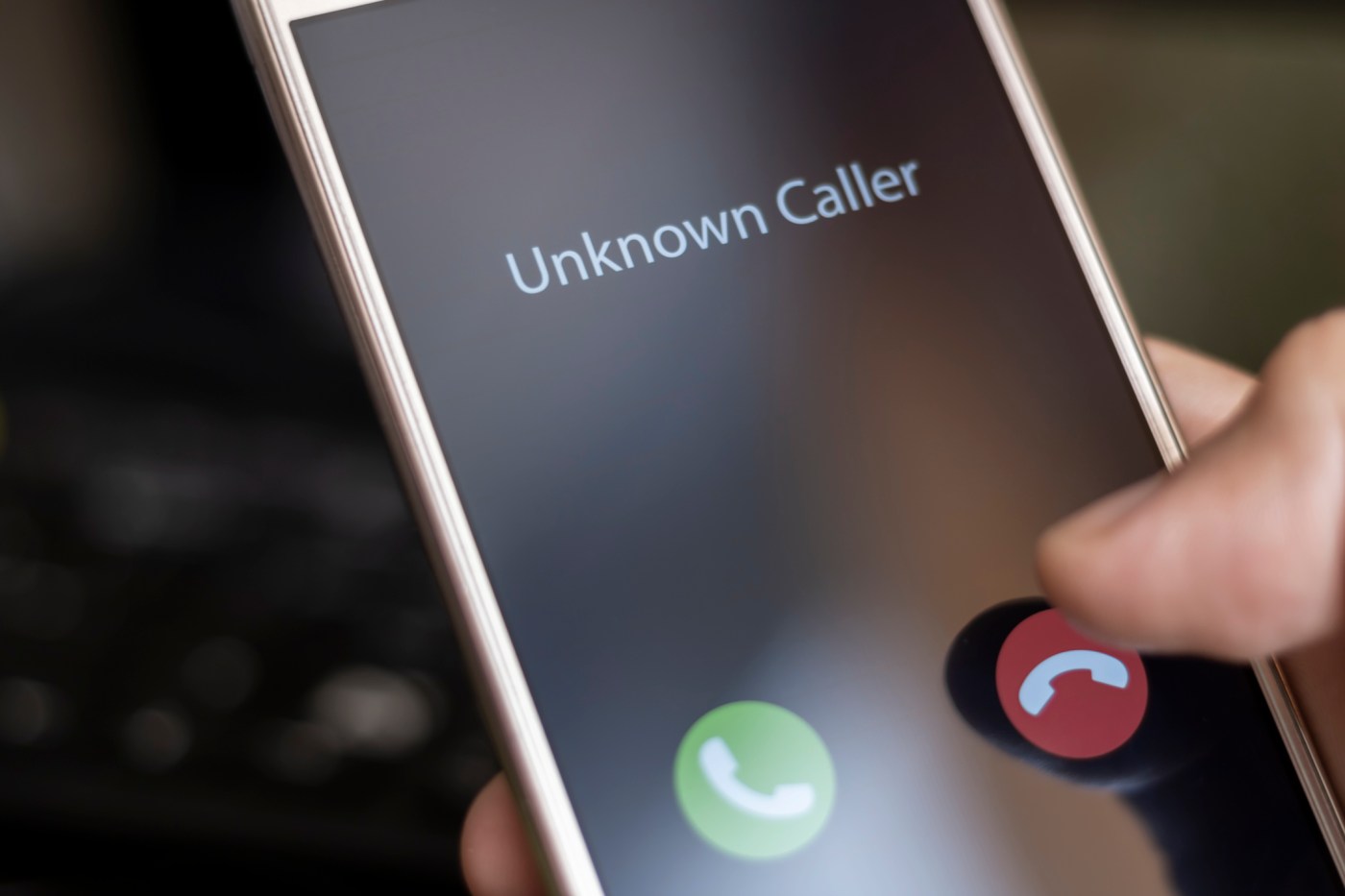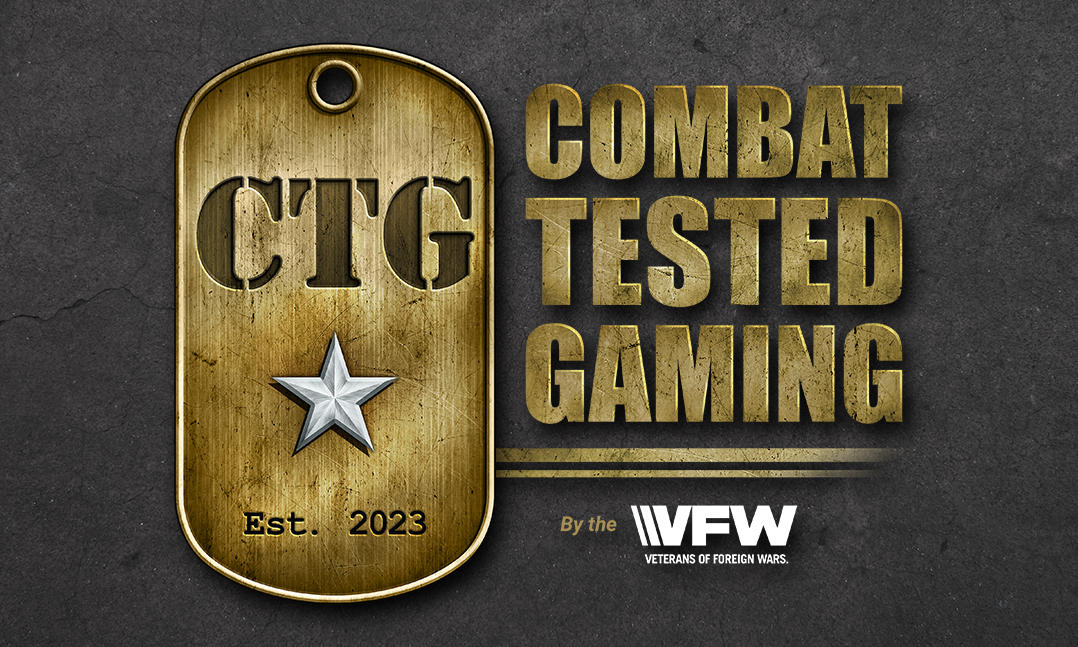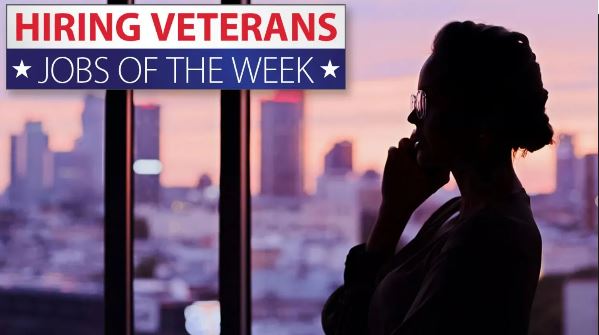Now more than ever, your financial wellness and security are important. Veterans and their benefits are often targets of scams and financial fraud. While VA is working to prevent these events from happening, educating yourself about fraud and safeguarding your benefits is the best line of defense.
Identifying and avoiding scams
Scams come in many forms. You can find them in the mail, over the telephone and on the internet. Knowing what to expect is important.
Mail. Some scam mail targeting Veterans may offer the opportunity to refinance VA loans at extremely low rates. Other scams may offer lump-sum payments in exchange for future monthly benefit checks. If you receive this type of mail, you can reach out to our National Call Centers or contact your local VA before you take action. You can learn more about mail scams by checking out the Operation Protect Veterans brochure created by the United States Postal Inspection Service.
Emails. Scammers often use bank and other company logos in emails to trick their targets into providing personal information, such as bank account numbers, date of birth, Social Security number and passwords. Some emails may even include “special offers.” If you receive this type of email, don’t click on it! Call the bank, credit card company or organization directly to verify they sent the message. On all emails, if you don’t recognize the sender, it’s best to delete it without even opening it.
Phone calls. If you receive a phone call from an unknown number, be cautious with the information you provide. Remember that agencies like VA, the IRS and banks will not call you to ask for personal information.
Financial scams that target senior Veterans are common and underreported. Be extra cautious when sharing information. The most important thing is to know what to look for, and never send or wire money or gift cards to anyone you don’t know well. Common scams include:
- Someone acting as a family member or “on behalf of a family member.” This person may try to convince you to wire money to help a relative. They will usually say they are injured or in legal trouble.
- Someone posing as a lawyer or banker. These scammers will say they found a large amount of money and would be willing to split it with you if you make a “good faith” payment. To make this payment, they will often ask to withdraw funds directly from your account.
Protecting your information
The good news is that there are steps you can take to protect your personal information, including:
- Set a strong password when creating an account. Use a combination of uppercase and lowercase letters, numbers and symbols. Change your password often and don’t use the same password for multiple accounts.
- Review and respond to security alerts notifying you of any changes made to your accounts.
- Shred sensitive documents, such as old benefits documents and bills.
- Sign out of all accounts when finished.
- Share less online, including on social media. The information you post could be used to steal your identity.
- Be aware when using public Wi-Fi. Scammers can monitor what you do even if it is password protected. Use private Wi-Fi networks when logging into bank, credit card and VA accounts.
How VA is protecting Veterans
A new line of defense for protecting Veterans’ monetary benefits has been created by the Office of Financial Management. The Benefits Delivery Protection and Remediation (BDP&R) division is tasked with safeguarding Veterans’ benefits delivery from fraud, waste and abuse by:
- Ensuring Veterans Benefits Administration is a hostile space for criminals.
- Detecting attempts to steal benefits with advanced data analytics and protective fraud algorithms.
- Protecting Veterans from attempted benefits theft.
- Restoring missing benefits payments and making Veterans whole again.
To learn more about BDP&R or to report fraud, email the fraud team at: BDPR.VBACO@VA.GOV.
More Resources
Visit VA.gov to learn more about how you can protect yourself from identity theft. You can also check out the Fraud Avoidance for Veterans fact sheet to learn more.
Did you know?
April is National Financial Literacy Month, an excellent opportunity to review and improve your finances. Check out VA’s many financial resources that can help you and your family manage, secure and protect your financial health and well-being.
Dan Kuester is a public affairs specialist with VBA’s Office of Strategic Engagement.
Topics in this story
More Stories
VFW’s Combat Tested Gaming tournaments bring together Veterans, active duty personnel and the gaming world.
How much do you know about VA care, benefits and services? Don’t miss out on what you've earned—check out the "2025 VA Federal Benefits Guide for Veterans, Dependents, Survivors, and Caregivers" handbook to learn more.
Each week, we receive job announcements from employers and employment websites—including RallyPoint, RecruitMilitary, VetJobs and HireMilitary—looking to hire Veterans. This post contains links to job listings for the week of Jan. 13, 2025. Each week, we’ll continue to post relevant and timely listings as we receive them, and for the locations listed.






